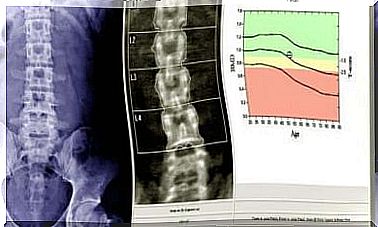All About Pregnancy By Artificial Insemination

Artificial insemination is one of the assisted reproduction therapies that allow couples with various reproductive problems to become parents. Want to know more about artificial insemination pregnancy? If so, keep reading. We will try to answer the most frequently asked questions on this topic.
Pregnancy by artificial insemination

Artificial insemination is an assisted treatment that involves placing sperm that has been previously selected in a laboratory inside the uterus. These sperm may come from a partner or a sperm bank.
Once the sample is obtained, the specialists work with the semen in the laboratory, separating the mobile sperm from the seminal plasma. At the same time, doctors stimulate the ovaries to increase the chances of getting pregnant. Next, we will talk about the process of obtaining pregnancy by artificial insemination.
What is the process?
Is there a difference between a natural pregnancy and a pregnancy obtained by artificial insemination?
No, there are no differences beyond how fertilization takes place. That is, according to the insemination process I just described, insemination pregnancy and natural pregnancy are exactly the same.
To calculate the start date of pregnancy, you must subtract 14 days from the date the insemination was performed. In this way, embryonic development will correspond to the same weeks as a pregnancy without medical intervention.
What is the risk of miscarriage?

Between 10 and 20% of tasks do not arrive on time. Artificial insemination in no way increases the risk of miscarriage. In addition, the older the woman, the higher the risk of losing the pregnancy (approximately 35% at age 35, 40% at age 40 and 80% after age 45).
Most miscarriages occur before week 12 due to chromosomal problems, embryo deficiency, fetal death, molar or partial molar pregnancy (abnormal growth of the placenta).
Measures for pregnancy by artificial insemination
Conception by artificial insemination does not mean that you should take special measures beyond those recommended in any pregnancy. In fact, as we have already said, the task performed by this technique evolves exactly the same as the one performed naturally.
For this reason, you must follow the measures recommended by your doctor, going to gynecological check-ups and having blood and urine and ultrasound tests on the scheduled dates. Regarding amniocentesis, doctors will recommend that you do this if the triple examination shows suspicious results.









